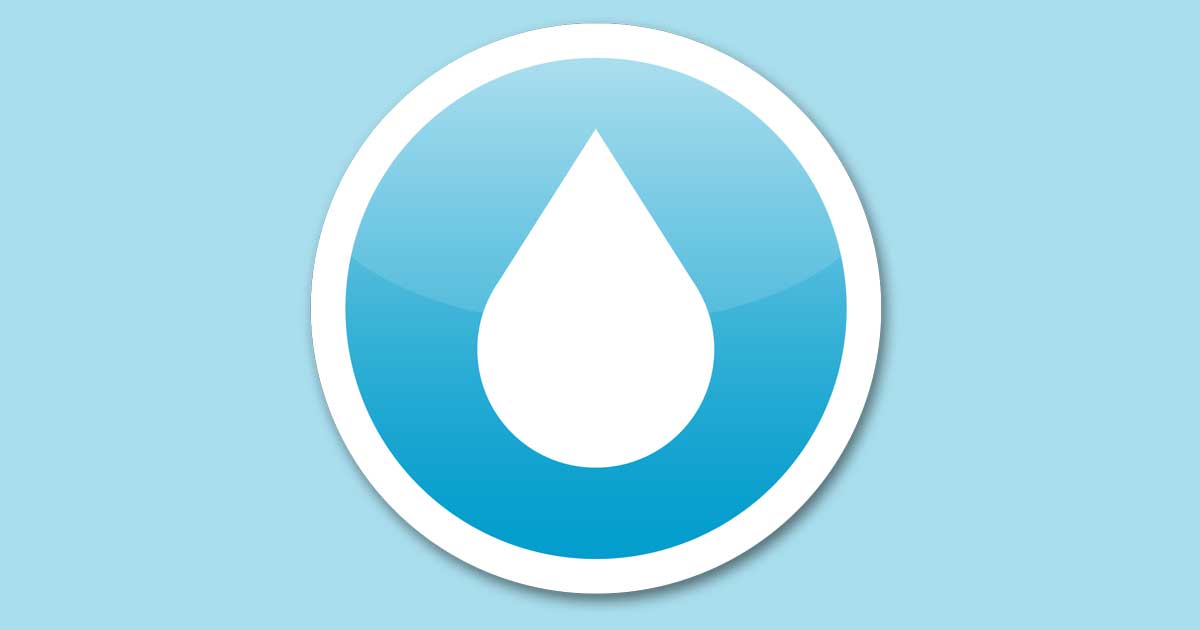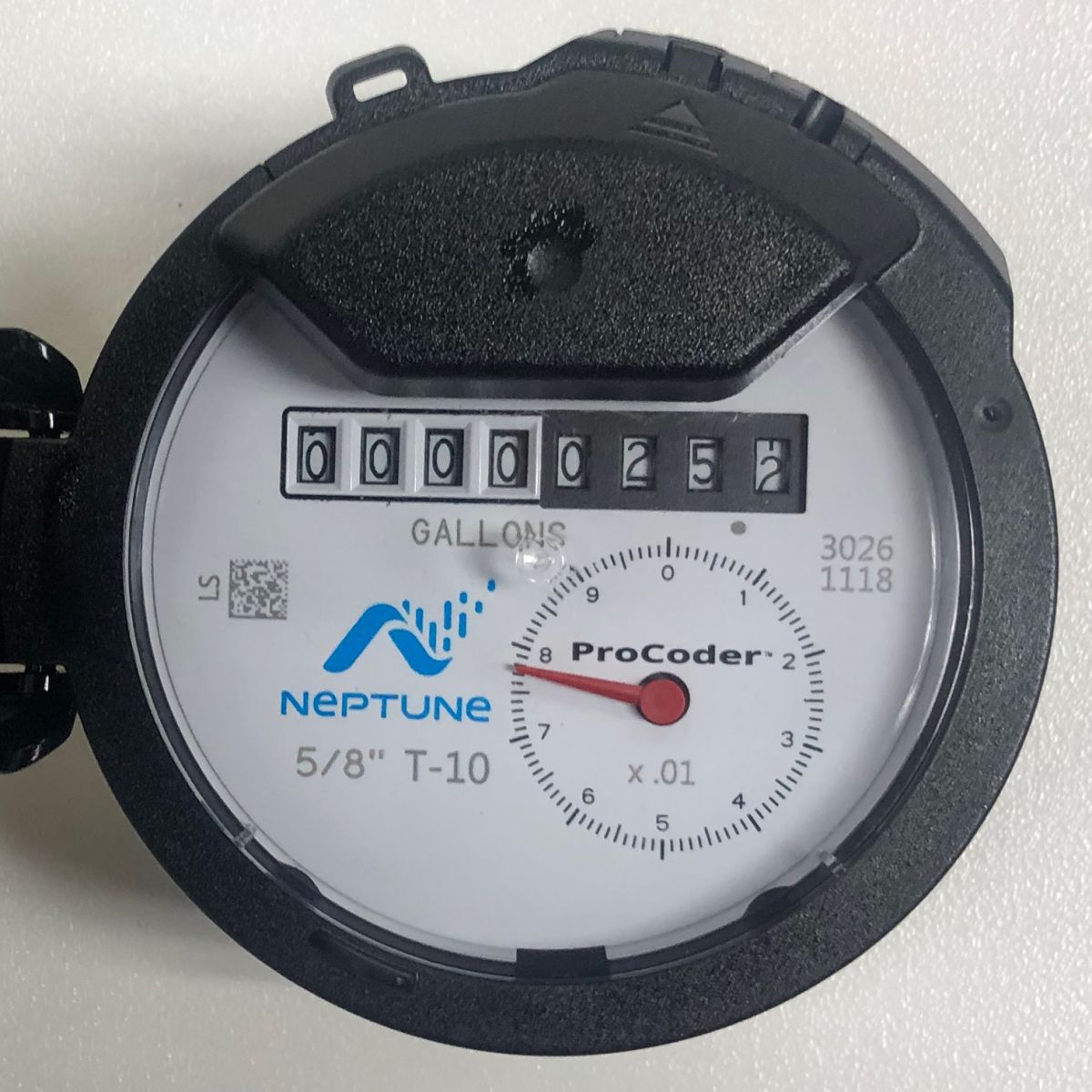STEP 1 Locate your meter box, generally found towards the front of a property, near the street. The box is typically in a direct line with the main outside faucet.
STEP 2 Once you open the meter box lid, lift the protective cap on the meter. On the face of the meter, there is a large dial and a display of numbers. Read the number display from left to right, the reading shows the number of gallons that have passed through the meter during ints lifetime; it does not reset. By seeing the change over time, you can track your usage. Compare that reading to what your bill states as your current or present reading. Meters are read between the 5th and 10th of the month.
STEP 3 Keep in mind that you might be checking your meter on a date different from the one used for billing. This could result in a difference in the amount you find, compared with the amount on which your bill is based. However, if your reading is considerably higher than what is on your bill, check for a leak or try to determine the source of large water use. If your reading is significantly lower than the reading on your bill, please contact us and let us assist you in determining the problem.
Finding Leaks
Some leaks, such as a dripping faucet or dripping shower head, are easy to find. Others may go unnoticed.
You can pinpoint problems by comparing readings, for example, before you go to work and when you get home or before you go to bed and when you wake up. While ice makers and sprinklers will use water during these down times, this method might reveal unexpected waste.
Toilet leaks are notoriously sneaky. They can be intermittent and very quiet. You can add dye to your toilet tank and see if it appears in the bowl after about 15 minutes. We have strips available at the office for our customers.
If you have an in ground irrigation system, check it each spring before use to make sure it wasn't damaged by frost or freezing. An irrigation system that has a leak 1/32nd of an inch in diameter (about the thickness of a dime) can waste about 6,300 gallons of water per month. Tip: Don't forget to check your water hoses!
Still Concerned?
Contact the office at 936-875-2146.

 neptune
neptune